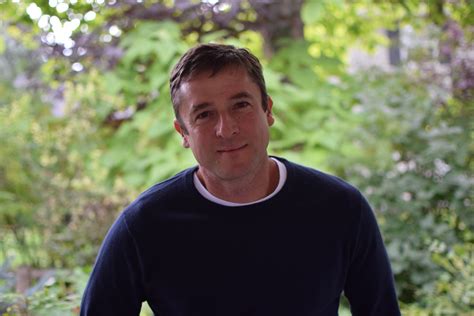A Quote by I. A. Richards
Related Quotes
The subject of the poem usually dictates the rhythm or the rhyme and its form. Sometimes, when you finish the poem and you think the poem is finished, the poem says, "You're not finished with me yet," and you have to go back and revise, and you may have another poem altogether. It has its own life to live.
A successful poem says what a poet wants to say, and more, with particular finality. The remarks he makes about his poems are incidental when the poem is good, or embarrassing or absurd when it is bad and he is not permitted to say how the good poem is good, and may never know how the bad poem is bad. It is better to write about other people's poetry.
From a philosophical perspective, I want to fight off isolationism and protectionism, be it part of another voice out there that says, wait a minute, what matters to women in Afghanistan matters to America. An isolationist point of view says it doesn't matter. The articulation of "all life matters" helps frame the case that it does matter what happens to a woman in Afghanistan.
The most common mistake students of literature make is to go straight for what the poem or novel says, setting aside the way that it says it. To read like this is to set aside the ‘literariness’ of the work – the fact that it is a poem or play or novel, rather than an account of the incidence of soil erosion in Nebraska.
I want each poem to be ambiguous enough that its meaning can shift, depending on the reader's own frame of reference, and depending on the reader's mood. That's why negative capability matters; if the poet stops short of fully controlling each poem's meaning, the reader can make the poem his or her own.
Lucky accidents seldom happen to writers who don't work. You will find that you may rewrite and rewrite a poem and it never seems quite right. Then a much better poem may come rather fast and you wonder why you bothered with all that work on the earlier poem. Actually, the hard work you do on one poem is put in on all poems. The hard work on the first poem is responsible for the sudden ease of the second. If you just sit around waiting for the easy ones, nothing will come. Get to work.
































